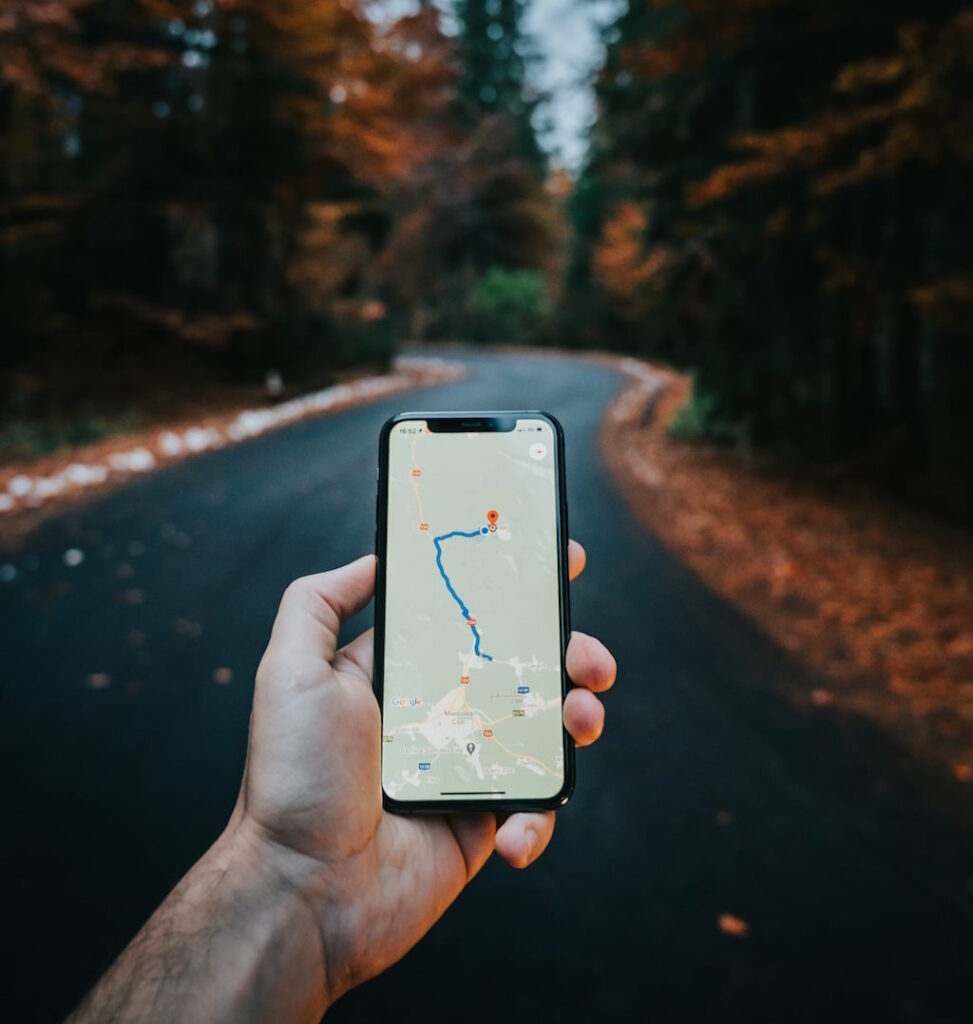
The self is not something one finds, it is something one creates.
Thomas Szasz
Last week, I attended the funeral of an 80-year-old friend. At her service, the speaker spoke at length about her life, her family, her accomplishments, and the kind of person she was. Wonderful qualities surfaced repeatedly: unselfishness, diligence, persistence, dependability, warmheartedness, humour, and love. It was a beautiful memorial of a life well spent.
For me, funerals tend to induce a pensive mood. I ponder, what will my funeral be like? How many and who will be there? Did I touch their lives in positive ways? Was my life well-spent?
My friend continued to refine her character and her reputation from her youth right on throughout her life. Am I doing the same? Am I sowing now the kind of life I will be happy to reap in the future?
Many years ago, I came across the idea of a personal mission statement, which has been described as a “clear and concise summary of your purpose, priorities, and things you need to do each day to reach your goals.”[i]
My first mission statement was a wordy and cumbersome affair. But both the process and the end product were tremendously grounding. I developed a solid sense of who I am and how I want to live my life. I have revised it periodically, distilling and refining it to its current form.
A personal mission statement can take several formats: a written or typed paragraph (or several), a bullet list, a quote, a poem, a song, or even a more visual form like a vision board or a collage. Whatever speaks to you – there is no right or wrong way.
You may want to start by…
Identifying Strengths and Values
We easily see our faults, failings, and what is wrong in our life. But do you know what your strengths are and what you value?
I didn’t. Life back then was at full clip and I never stopped to think about that sort of thing. I needed help recognizing my strengths and values. If you do too, try taking the VIA (Values in Action) Survey of Character questionnaire on the University of Pennsylvania’s website Authentic Happiness.
The questionnaire is free; you simply need to register. You’ll find the survey in the Questionnaires tab. It does take a bit of time to complete – there are 240 questions – but don’t be put off. If you’re really pushed, you could take the Brief Strengths Test, but I do recommend doing the full one. It’s wholly worth it.
To develop your mission statement, you will also need to discern…
What is your why?
“People lose their way when they lose their why.”
Michael Hyatt
Your ‘why’ is your purpose in life… what you want to stand for… the passion that ignites you… your vision… the dream you cherish.
Some people know their why right off the bat but for others, it takes a while to detect. The voice inside might be just a whisper, drowned out by the noise of other people’s agendas, current circumstances, or the past. You may have to listen carefully.
To get you started, here are some thought-provoking questions from Dr. Russ Harris:[ii]
- What truly matters to me, deep in my heart?
- What do I want to stand for as I use my time on this planet?
- How do I want to behave toward myself, others, and the world around me?
- What sort of human being do I want to be?
- What personal qualities do I want to cultivate?
The two exercises above – discovering your strengths and values and discerning your why – are very illuminating. I learned things about myself that I had never known before… good things! It was like meeting myself for the first time.
Why have a personal mission statement?
1. A frame of reference
A frame of reference is much like a map or GPS. Imagine getting in your car and driving off with no destination in mind, making it up as you go along. There may be some enjoyable parts to your journey, but you may also end up wasting time or getting lost. In contrast, with a destination in mind and the help of a roadmap or GPS, your journey becomes purposeful. You know where you are going and how to get there, even if there are unexpected delays or detours along the way.
A deep understanding of our personal purpose and priorities becomes our frame of reference, our map or GPS. It is crucial to a rich and fulfilling life. It holds us accountable and keeps us moving in the right direction. Knowing what is most important to us informs the decisions we make, the habits we establish, and the actions we take.
Of course, aligning our decisions, habits, and actions with our personal mission involves discipline. That’s something many of us have trouble with. Having a clear vision of the type of person we want to be – our character – is critical to cultivating discipline. There’s no discipline if there’s no direction.
In the words of Jim Collins,[iii] “There is no effectiveness without discipline, and there is no discipline without character.”
2. An anchor when life changes
“People can’t live with change if there’s not a changeless core inside them. The key to the ability to change is a changeless sense of who you are, what you are about, and what you value.”[iv]
Life is uncertain; things can change in a moment. At times, life can be as turbulent as a storm-tossed sea. It’s during those times especially that the value of a personal mission statement is clear. Mine kept me anchored during the dark times. Because I had developed a “changeless sense” of who I am and what I wanted for and from my life, I wasn’t completely untethered and blown off course.
As Friedrich Nietzsche astutely observes,
“He who has a why to live for can bear almost any how.”
3. We focus on things we can change
There are plenty of things to worry about in life. Realistically, though, we cannot change some things, despite our best intentions. It is a fruitless and depleting exercise to try otherwise. We are better off redirecting our efforts to where they will count – to the one thing we can change – ourselves.
Stephen Covey stated: “How different our lives are when we really know what is deeply important to us, and keeping that picture in mind, we manage ourselves each day to be and to do what really matters most.”
Something curious happens when we focus on changing ourselves. We do end up influencing some things that are out of our control. As I began to prioritize my health and fitness, my husband, on seeing my great results, began to take his own more seriously. The benefits of that spilled over to other areas of our life together.
And finally…
Developing a personal mission statement was one of the most important and beneficial things I’ve ever done. If you haven’t already created one, make a start soon. Don’t overthink it; it doesn’t have to be perfect. But, I promise you, it will make a world of difference.
There are lots of resources on the internet if you need a little help. Here’s one you could try.
Endnotes
[ii] Harris, R. The Reality Slap. 2012. CA: New Harbinger Publications. p108
[iii] Covey, S. R. The Seven Habits of Highly Effective People: 30th Anniversary Edition. New York: Simon and Schuster. p3
[iv] Covey, S. R. The Seven Habits. p121
Photo by Tamas Tuzes-Katai on Unsplash
